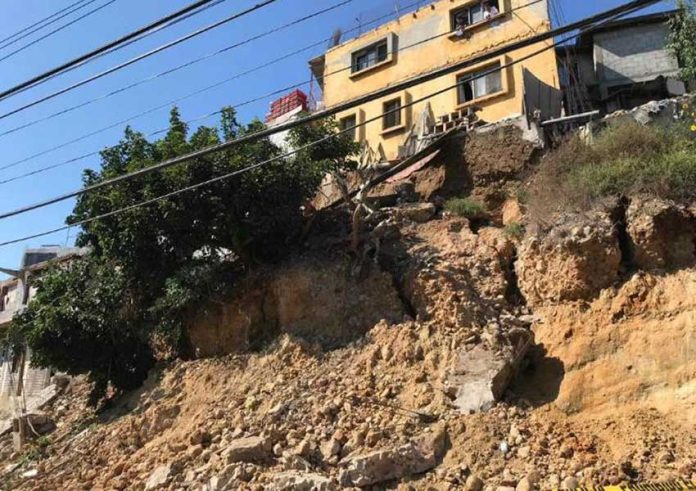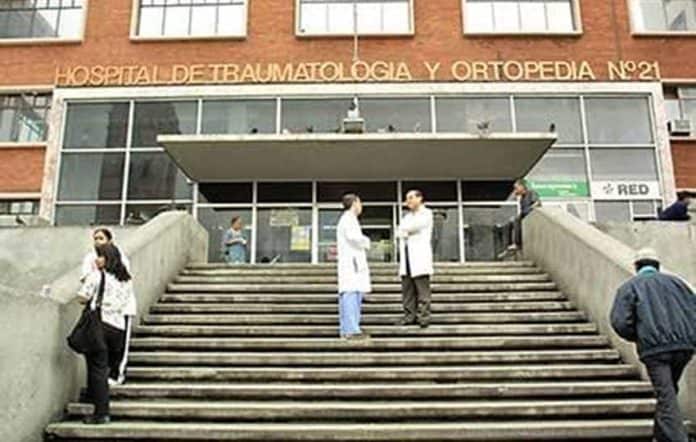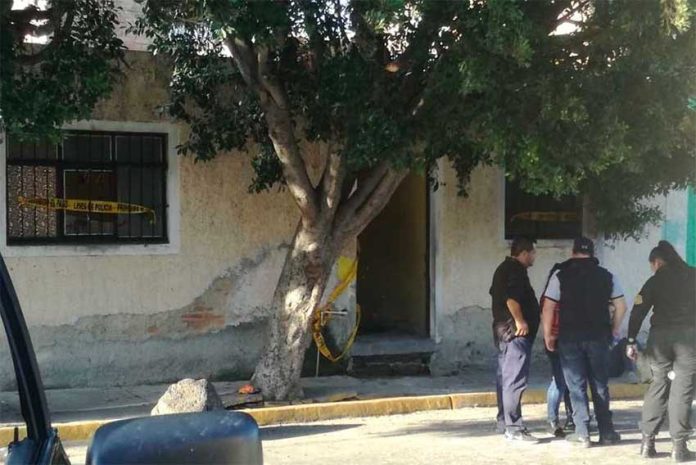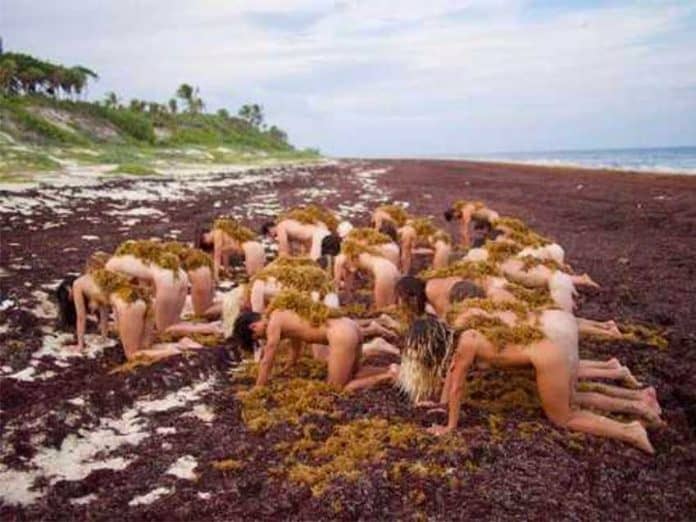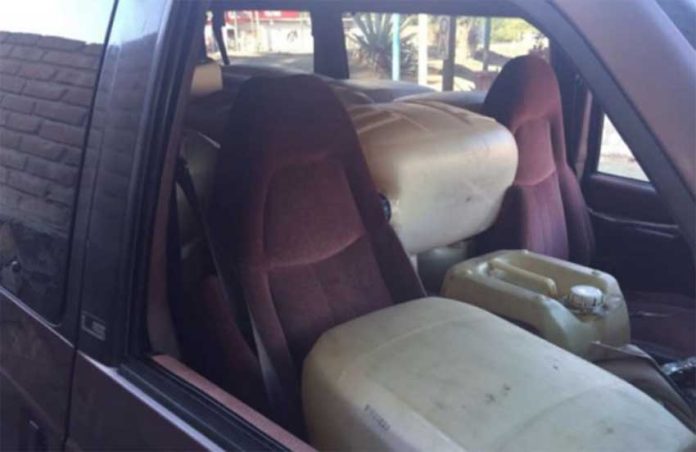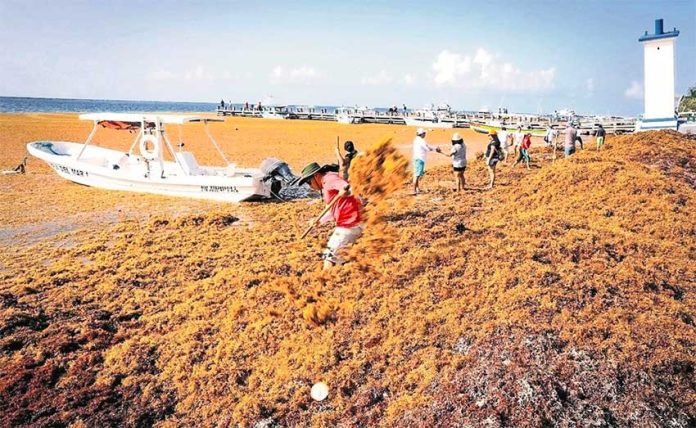President-elect Andrés Manuel López Obrador said Saturday that 400,000 jobs will be generated during his six-year administration through a plan to plant trees on one million hectares of land.
In Tapachula, Chiapas, where he visited the laboratories of agri-food tech company Agromod, López Obrador predicted that trees would be planted on 500,000 hectares of land next year and on another 500,000 hectares of land in 2020.
“We will continue with the field work to begin, from December 1, the program to plant one million hectares of timber-yielding and fruit trees,” he said, explaining that the initiative will provide much-needed employment and thus reduce the need for rural residents to migrate out of economic necessity.
“This program to plant a million hectares [of trees] is going to give work to 400,000 rural people who are going to be able to work where they were born,” the president-elect said.
López Obrador visited the Lacandon jungle rainforest late last month where the reforestation project is slated to begin.
At the time, he said that 80,000 “permanent, not temporary, jobs” could be created and that the people of Chiapas will be able to “put down roots, work and be happy in the place they were born.”
The president-elect charged that during “this neoliberal period the countryside was abandoned” and pledged to place new emphasis on rural Mexico.
Mahogany, cedar, rubber and cacao trees are among the saplings expected to be planted.
López Obrador also posted a photo to his Twitter account Saturday in which he appears decked out in a lab coat and hair net alongside employees of Agromod, which is owned by his prospective chief of staff, Alfonso Romo.
The company is “the biggest papaya producer in Mexico and worldwide,” according to the Agromod website, with 900 acres of crops on the Chiapas coast and in Yucatán.
Agromod also produces millions of agave plants annually for use in the tequila industry and exports millions of ornamental plants to markets including Holland and the United States.
The incoming president did not say if Agromod would be a supplier of the millions of trees that will be required for his planting project, a move that would raise concerns over a potential conflict of interest.
Other potential suppliers are Conafor, the National Forestry Commission, and the Secretariat of National Defense, both of which have greenhouses producing trees for timber production and the cultivation of fruit, according to a report by Chiapas Paralelo.
Source: El Universal (sp), Chiapas Paralelo (sp)

